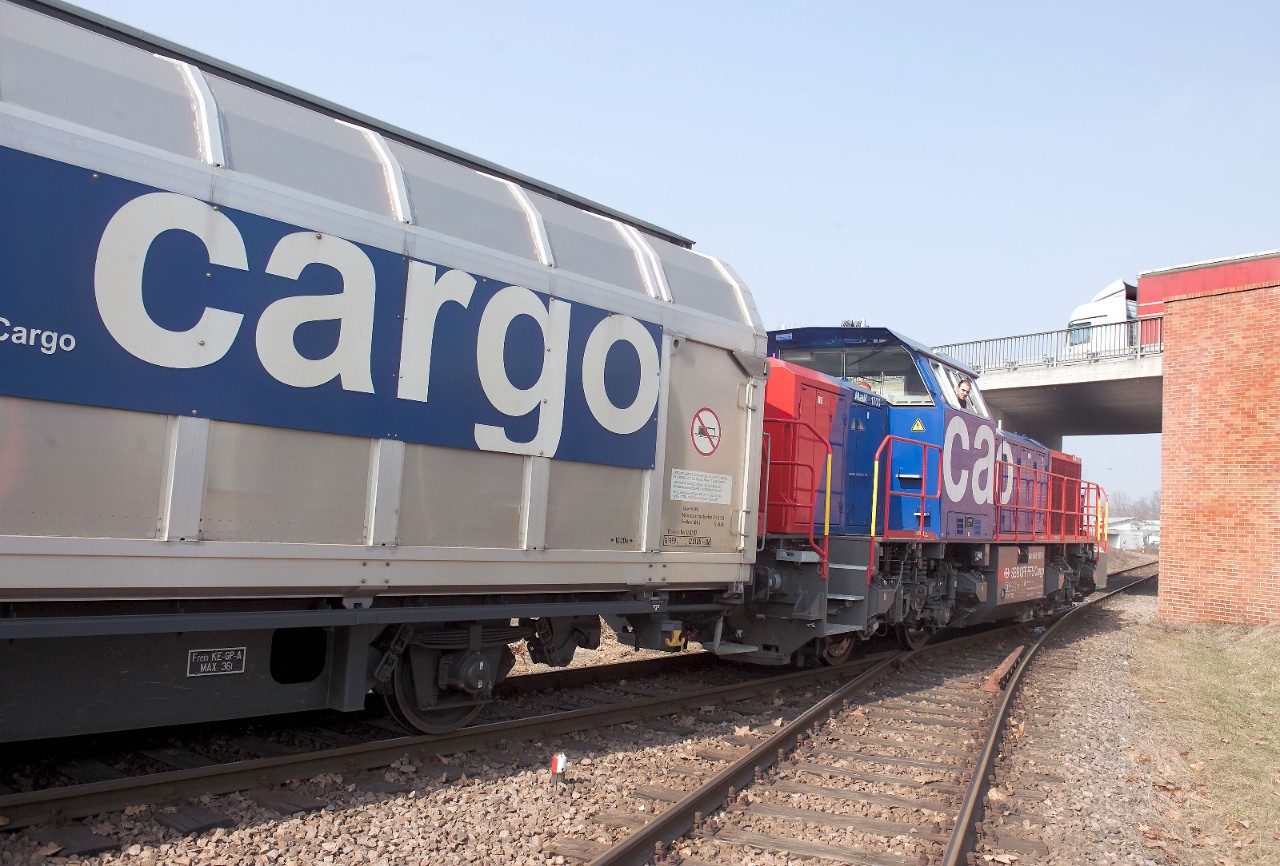The Swiss Railway Workers’ Union (SEV) has strongly criticised SBB Cargo’s restructuring plans, which include cutting around one-fifth of its workforce by 2030 under the “G-enesis” programme. The union, alongside Transfair, VSLF, and KVöV, has demanded that both the job cuts and the entire reorganization be suspended, arguing that these measures would set the “wrong course” for the future of Swiss freight rail.

SBB Cargo has outlined cost-cutting measures to address its structural deficit, targeting annual savings of CHF 60 million (EUR 63 million) while modernising operations. However, the SEV argues that the push for self-financing is unrealistic and that freight transport by rail is already disadvantaged compared to road transport, which does not bear its full infrastructure costs.
Philipp Hadorn, SEV union secretary responsible for the Cargo dossier, has expressed concerns over the planned reduction in single wagonload transport (EWLV), fearing it will further erode SBB Cargo’s market share. The union also warns that the workforce is already stretched thin, and further job cuts could lead to operational risks, increased staff absences, and a costly loss of expertise.
“The proposed reduction measures are not effective in the short term, let alone in increasing the rail share of freight transport in Switzerland,” Hadorn stated, insisting that all restructuring measures should be halted. The SEV also supports unlimited federal subsidies for freight rail, citing its contribution to Switzerland’s climate goals.
SBB Cargo: restructuring necessary to secure the future
SBB Cargo defended its restructuring plans, stating that declining freight volumes and financial losses make workforce reductions unavoidable. The company confirmed plans to cut 80 full-time positions by the end of 2025 but assured that job losses would be managed through natural attrition, retirements, and internal transfers, minimising direct layoffs.
The company’s financial struggles have been exacerbated by an economic downturn, leading to reduced demand from customers. In response, SBB Cargo is not only reducing its workforce but also seeking to increase revenue, optimise capacity utilisation, and make targeted investments.
SBB Cargo is pursuing a long-term vision under its Suisse Cargo Logistics framework, which aims to streamline rail freight by focusing on long-distance and heavy goods transport. The company is also working with key customers to develop a cost-optimised production model that integrates rail and road freight where most effective.
The company acknowledges that federal financial support will be necessary during this transition period. However, it maintains that, once the restructuring is complete, its freight operations will be self-sustaining and able to meet national freight transport goals without reliance on public subsidies.
The debate between SBB Cargo and unions highlights the ongoing challenge of making rail freight financially viable while maintaining service levels and job security. While SBB Cargo insists that modernisation and cost-cutting are necessary to ensure long-term sustainability, unions argue that these measures could weaken Switzerland’s rail freight infrastructure and workforce.
With federal support for rail freight transport under review and economic conditions remaining uncertain, the coming months will be crucial in determining the future of SBB Cargo and its workforce.
Share on:



